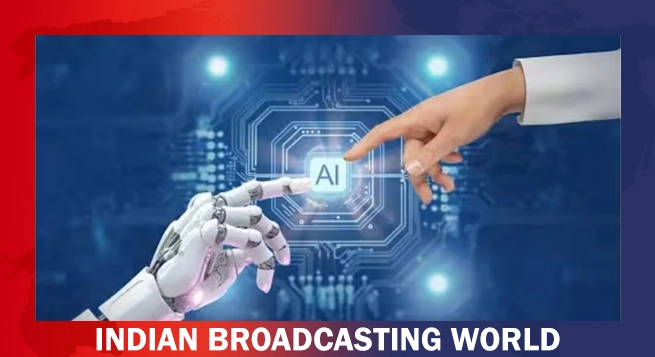The government is exploring ways to expand trusted source norms beyond telecom networks to critical sectors, devices, and the IOT ecosystem, a senior government official said on Tuesday.
While speaking at an Assocham event on AI, National Cyber Security Coordinator M U Nair said while using artificial intelligence, the industry needs to invest in a robust cybersecurity ecosystem for strengthening industrial and commercial ecosystems given India is one of the most targeted nations in the cyber security domain, PTI reported.
He said that the basic ingredient that makes AI tools powerful is the data, based on which the area algorithms churn out models, predictions, options, and results, and the effectiveness of the item is based on the content of data the tool has access to besides other aspects.
“For data access, we need networks that are robust, secure, and resilient. This is where a country has shown the way ahead through the trusted source and trusted product mechanism steered through the National Security directive on telecom security.
“It’s been a successful model. While this is now applicable only for telecom networks, its applicability in other critical sectors as also reaching out to the device and IoT ecosystem is being explored,” Nair said.
He said that the country should be in a position to have only trusted products join the networks in a few years.
Earlier in the day, BJD leader and member of the standing committee on finance, public undertaking, and subordinate legislation Amar Patnaik said that AI has the potential to do a lot of good in society on different levels.
“Responsible AI means making sure people trust it. Regulations should find a balance between preventing harm and encouraging innovation, all to build trust.
“Making AI available to everyone means making sure everyone has access to the data they need. It’s important to test new AI ideas in safe environments and to check how they’ll affect society. India has a chance to be a leader in AI by using its unique data,” he said.
Patnaik said big tech companies have most of the data and its impact on the competition.
He said it’s important to give smaller businesses and startups access to data too. He also talked about how governments should encourage sharing data openly and create an environment where new ideas can thrive.
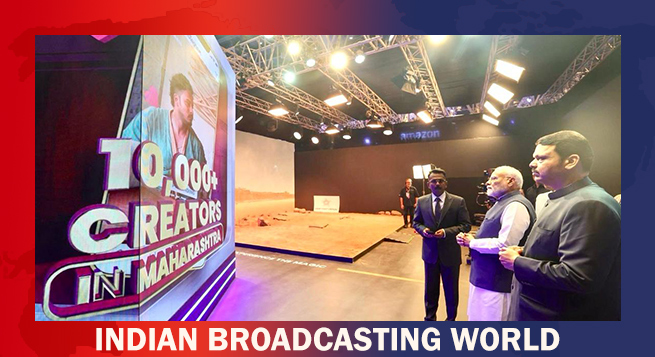 MIB to unveil M&E sector statistical handbook today at WAVES
MIB to unveil M&E sector statistical handbook today at WAVES  WAVES 2025: Media dialogue backs creativity, heritage & ethics in AI Era
WAVES 2025: Media dialogue backs creativity, heritage & ethics in AI Era 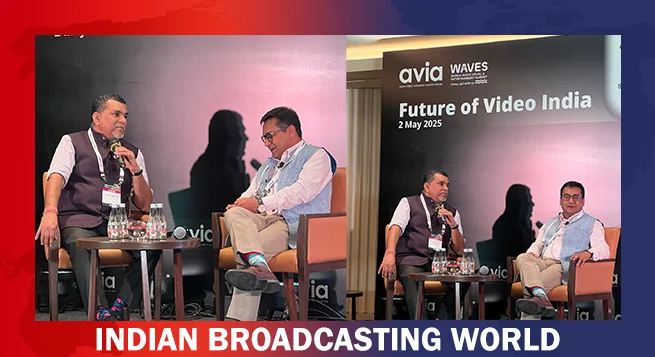 Pay TV leaders chart course for India’s linear TV in digital age
Pay TV leaders chart course for India’s linear TV in digital age 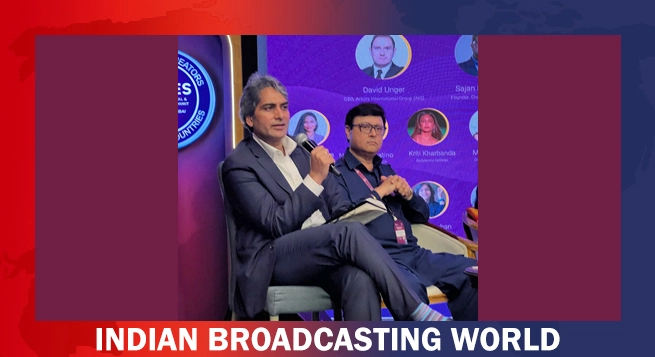 Sudhir Chaudhary announces new show for DD News, says “Good content still has a place” at WAVES 2025
Sudhir Chaudhary announces new show for DD News, says “Good content still has a place” at WAVES 2025  India can lead global entertainment revolution: Mukesh Ambani
India can lead global entertainment revolution: Mukesh Ambani 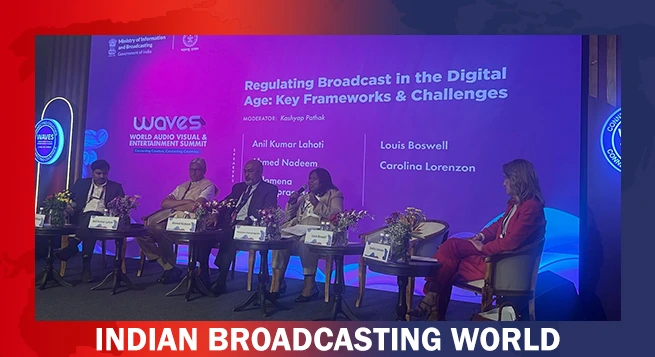 TRAI chief not in favour of separate rules for OTT, legacy b’casters
TRAI chief not in favour of separate rules for OTT, legacy b’casters  ‘KanKhajura’ start streaming on Sony LIV from May 30
‘KanKhajura’ start streaming on Sony LIV from May 30 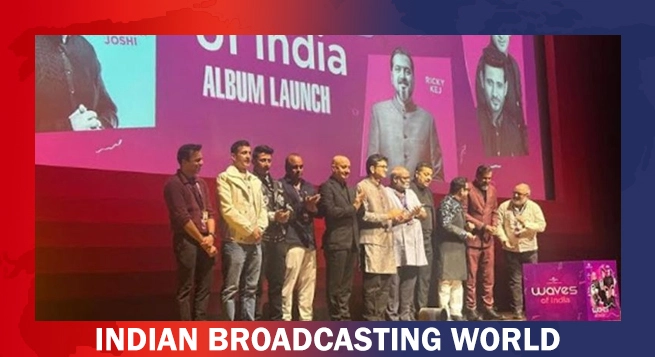 Koyal.AI debuts at WAVES 2025, set to revolutionise music videos with GenAI
Koyal.AI debuts at WAVES 2025, set to revolutionise music videos with GenAI  Zee Cinema to premiere ‘Pushpa 2: The Rule’ on May 31
Zee Cinema to premiere ‘Pushpa 2: The Rule’ on May 31 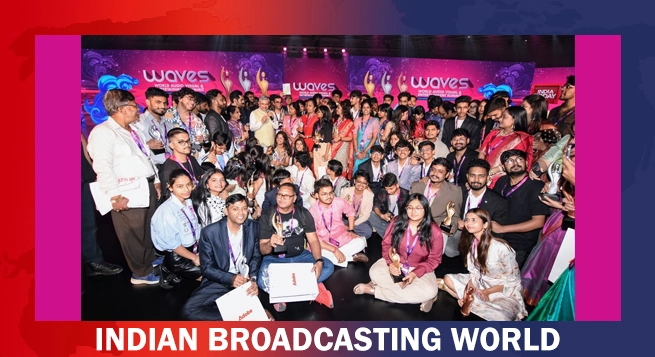 ‘Create in India Challenge’ S1 honours global talent at WAVES
‘Create in India Challenge’ S1 honours global talent at WAVES  Amazon MX Player adds 20+ dubbed international titles
Amazon MX Player adds 20+ dubbed international titles 


